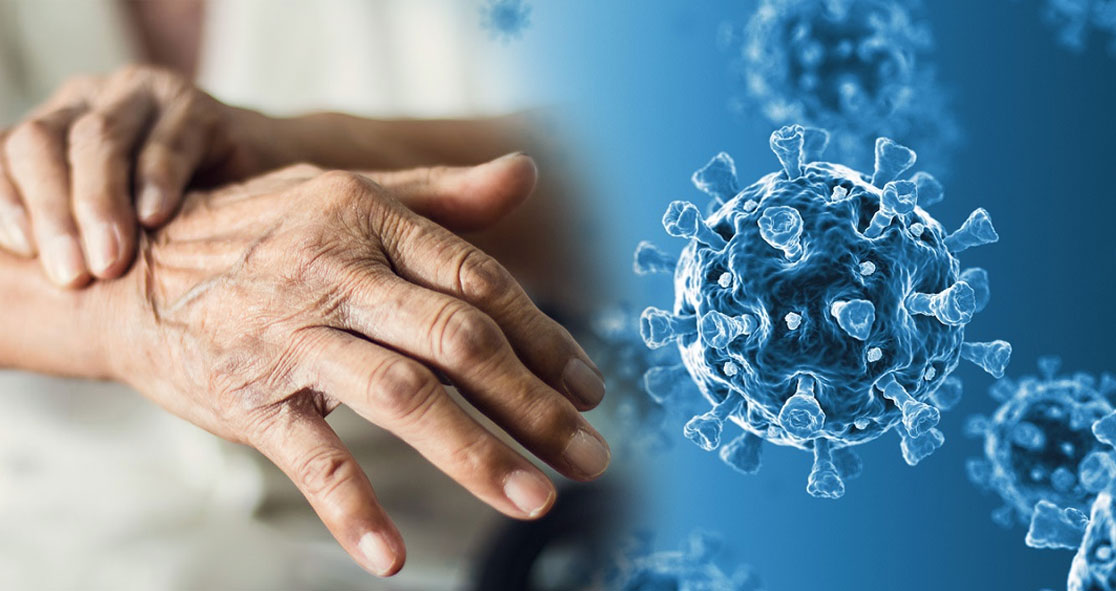There is growing evidence that some patients with COVID-19 develop neurological symptoms such as headaches, insomnia, and brain fog.
In May 2021, a study found that at least 8 in 10 patients hospitalized with COVID-19 infection developed neurologic complications and were more likely to die in hospital than those without neurologic complications.
A new preclinical study by researchers at Thomas Jefferson University has shown that the coronavirus could increase the risk of developing the degenerative brain disorder Parkinson’s disease, according to Medical Xpress.
The study’s first author Dr. Richard Smeyne said, “Parkinson’s is a rare disease that affects 2% of the population above 55 years, so the increase in risk is not necessarily a cause for panic, but understanding how coronavirus impacts the brain can help us prepare for the long-term consequences of this pandemic.”
The study, published Tuesday in Movement Disorders, adds to growing evidence that viruses can make neurons or brain cells more susceptible to damage or death.
Previous studies found that mice infected by the H1N1 strain of influenza, which is responsible for the 2009 flu pandemic, were more susceptible to a toxin called MPTP, which is known to induce some of the characteristic features of Parkinson’s.
MPTP is associated with the loss of neurons expressing the chemical dopamine and increased inflammation in the basal ganglia, a brain region that is critical for movement per MPTP.
In the current study, the researchers found that COVID-19 infection alone had no effect on the dopaminergic neurons in the basal ganglia, according to the news outlet. However, mice that were given the low dose of MPTP after recovering from COVID-19 infection exhibited the classic pattern of neuron loss that is seen in Parkinson’s disease.
The study findings suggest that the coronavirus could increase the risk of developing Parkinson’s.
Dr. Smeyne explained, “We think about a ‘multi-hit’ hypothesis for Parkinson’s—the virus itself does not kill the neurons, but it does make them more susceptible to a ‘second hit,’ such as a toxin or bacteria or even an underlying genetic mutation.”
SARS-CoV-2, the virus that causes COVID-19, has been associated with a “cytokine storm,” an overproduction of pro-inflammatory chemicals. These inflammatory chemicals can cross the blood-brain barrier and affect microglia – the brain’s immune cells. This explains why COVID-19 infection could increase the risk of Parkinson’s.
The study’s co-lead author Dr. Peter Schmidt said, “We were concerned about the long-term consequences of viral infection. Dr. Smeyne is a leader in this area of research and Jefferson was the ideal site to perform the analysis.”
However, Dr. Smeyne cautioned, “First of all, this is preclinical work. It is too soon to say whether we would see the same thing in humans, given that there seems to [be] a 5-10 year lag between any changes in clinical manifestation of Parkinson’s in humans.”
“If it does turn out that COVID-19 increases the risk of Parkinson’s, it will be a major burden on our society and healthcare system,” he added. “But we can anticipate that challenge by advancing our knowledge of potential ‘second hits’ and mitigating strategies.”























